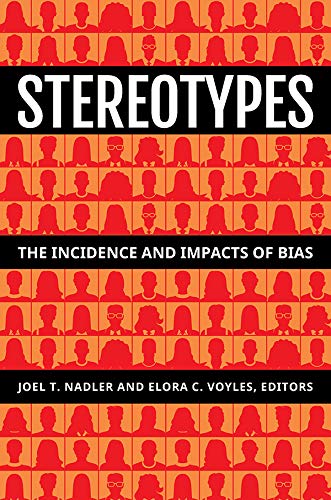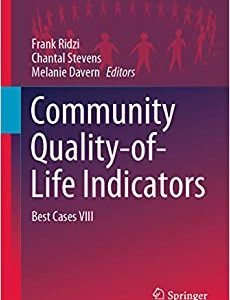Provides an invaluable primer on how culturally accepted stereotypes are impacting people throughout the United States.
Stereotypes—both intentional and unconscious—and the harms they cause are increasingly featuring in the news. Here a team of top researchers examines current and emerging research on how stereotypes begin, grow, and harm the members of society—and what can be done to stop them.
The authors explain what actions lead to the development and manifestation of stereotypes against groups ranging from racial, ethnic, sexual, and religious minorities to men, women, immigrants, the disabled, and more. They detail the newest studies to help us understand the psychological and social processes that spur and sustain stereotypes, how those affect behavior and decision-making, and how the targeted groups are affected by micro-aggressions and nonverbal behaviors.
This volume will interest students of psychology, counseling, social work, law enforcement and legal studies, race and ethnicity, LGBTQ studies, gender studies, public policy, and politics.
- Suggests remedies based on the principles of good government and the elimination of dehumanization that can move the U.S. away from its present-day segregation, a condition that is fatal to democracy
- Bridges the gap between research and application via academic work grounded in the context of modern stereotypes and social justice issues
- Explains both explicit (conscious) and implicit (unconscious) stereotypes and how they affect human behavior
- Includes a list of additional resources











